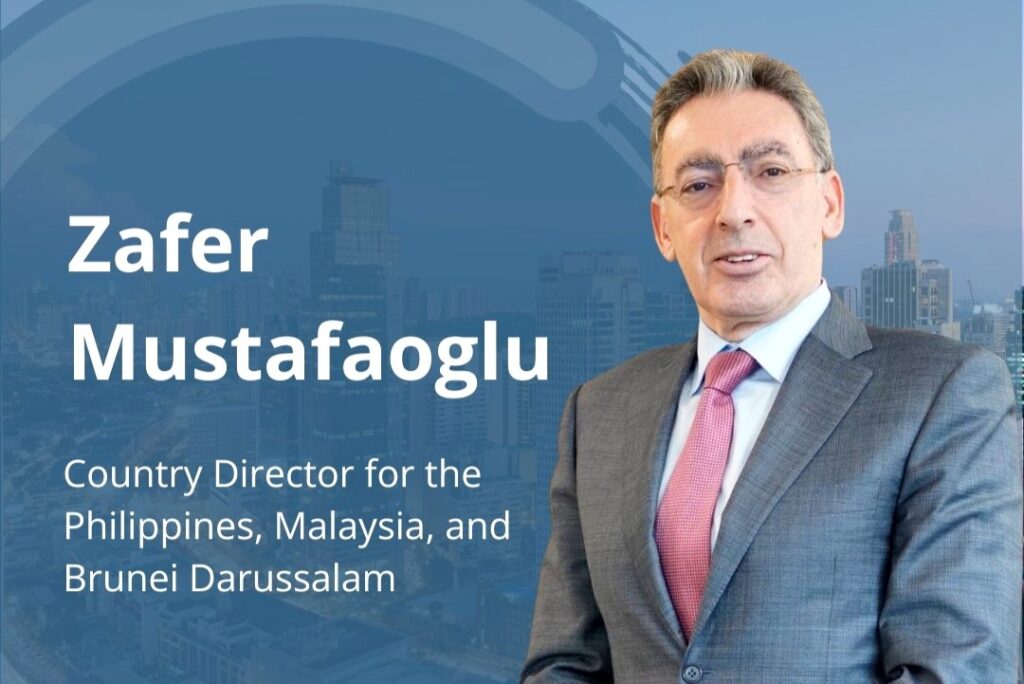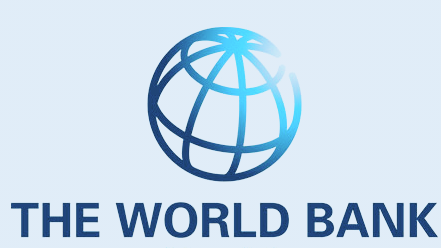World Bank backs Phl’s digital transformation with $750-M loan

The Philippines is pushing forward with its digital transformation agenda, backed by a $750 million policy loan from the World Bank designed to modernize infrastructure, expand access, and drive inclusive growth through technology.
Approved in late 2024, the Second Digital Transformation Development Policy Loan is now fueling a government-led push to integrate digital tools across public services, streamline regulations, and extend broadband coverage in one of Southeast Asia’s most geographically fragmented nations.
“Digitalization is a transformative force that can drive productivity-led growth and enhance the efficiency of critical services such as transport, healthcare, education, energy, and agriculture in the Philippines,” said Zafer Mustafaoğlu, World Bank country director for the Philippines, Malaysia, and Brunei.
“By leveraging digital platforms, the country can bridge gaps in service delivery, make sure that individuals and firms have access to affordable financial services and digital solutions that meet their needs, and build resilience against future crises and shocks,” Mustafaoğlu added.
The program targets four key priorities: boosting broadband competition to improve connectivity, upgrading digital governance, promoting secure and inclusive digital finance, and building trust in e-commerce and digital services. The reforms are expected to unlock new opportunities across sectors and strengthen the country’s digital economy.
Despite recent gains in internet usage and mobile access, structural gaps remain. As of 2023, over 70% of Filipino households still lacked fixed broadband, underscoring the urgency of expanding digital infrastructure. The country’s archipelagic geography makes traditional service delivery costly and uneven—challenges that digital solutions are well-positioned to address at scale.
“Financial inclusion and digitally enabled services are vital for the growth of micro, small, and medium enterprises, which employ over 60% of the total workforce in the country,” Mustafaoğlu said.
“Greater access to digital financial services enables such businesses to adopt innovative technologies and automation, thereby boosting their competitiveness and contribution to the economy,” he added.
For the Philippines, digital transformation is no longer optional—it is central to future-proofing its economy. With international financing secured and implementation underway, the challenge now is to deliver on digital potential, close access gaps, and make technology work for every Filipino.



0 Comment